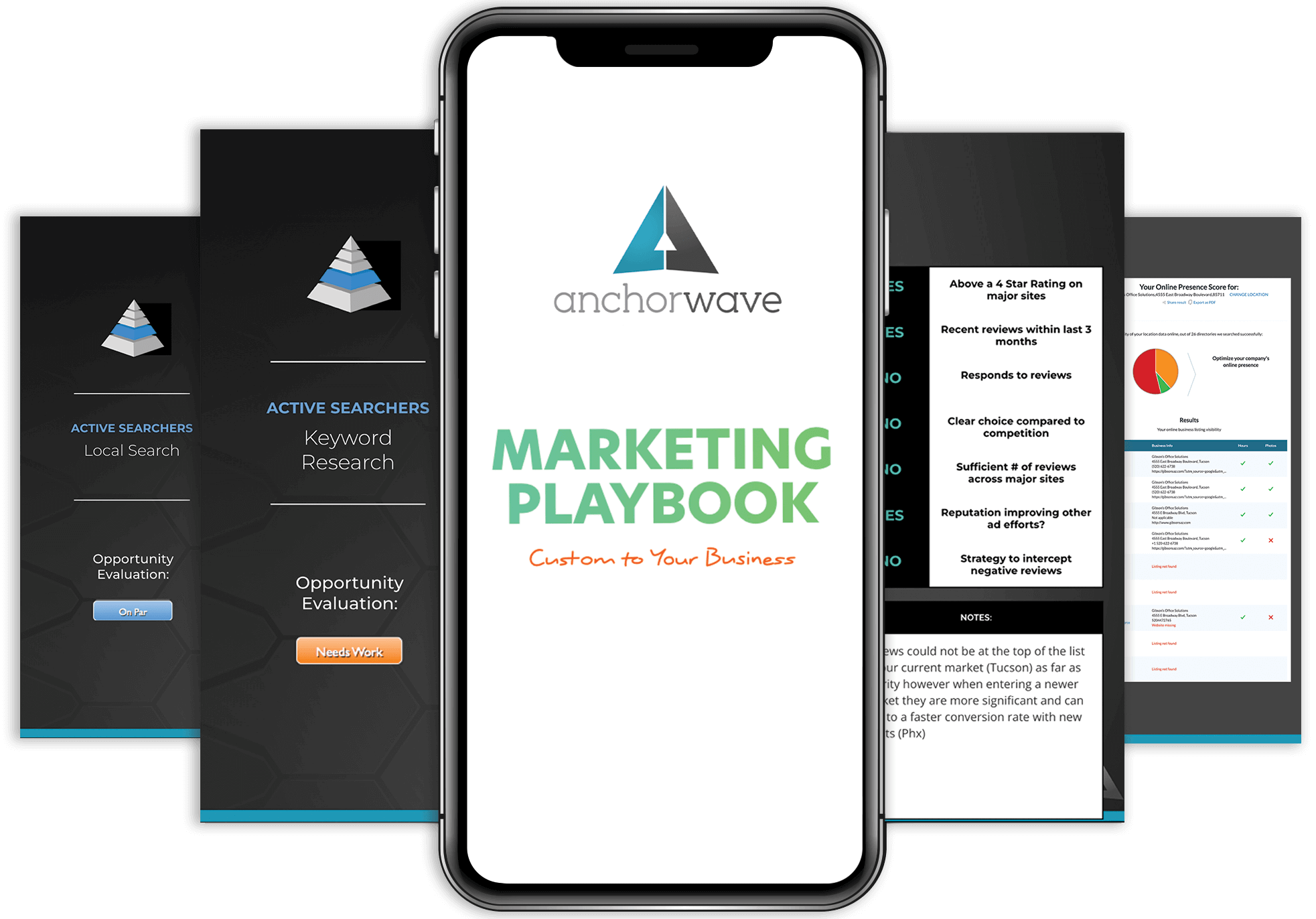Email marketing is a great method for cross-selling or up-selling to existing customers. Cross-selling means getting customers to buy accessories related to their original purchase, while up-selling means getting them to invest in a higher tier product or upgrade.
Below are five steps for businesses to get started with cross-selling and up-selling using email:
1. Collect Customer and Purchase Data
Using Customer Relationship Management (CRM) software, companies can collect demographic and purchase information about each customer. Knowing when a person last made a purchase, what they bought, and what their gender is can help a business to tailor future email offers that encourage customers to buy related or upgraded products.
2. Build a List
Just because you have a customer’s email address on a spreadsheet somewhere doesn’t mean you can use it for marketing. According to the CAN-SPAM Act, customers need to agree to receive your messages and must be able to opt-out of future communications. An email marketing company can help your business to build a compliant permission-based email list
3. Leverage Confirmation Emails
A transactional email that confirms a purchase, acts as a receipt, or contains shipping information is a great vehicle for up-selling and cross-selling customers. For example, if a customer buys a new chair and you send them a confirmation email, then include product information for the pillows and lamps (cross-selling) and sofas (up-selling) that complement their original purchase.
4. Personalize the Message
Using the information you’ve collected with your CRM software, personalize the email message with the person’s name and maybe even a note thanking them or asking for feedback about their recent purchase. A personalized email will make customers feel valued.
5. Use Targeting and Triggers
A jewelry store sending a Valentine’s Day email could target it to men who made purchases within last six months or one year. Using previous purchase data, the jeweler could also try to up-sell customers to a higher-priced product or cross-sell the matching accessories to their previous purchase. Customer information, like birthdays or anniversaries, can also trigger emails. For example, if a customer bought wedding bands, then about one year later, the jeweler could send the customer an anniversary gift email.
Does your business currently use email marketing to reach out to its loyal customers? If you would like to get more out of your email marketing communications, then contact the email marketing experts at Anchor Wave in Tucson. We can help your business build custom, targeted emails and track the results. Call us today at (520) 622-3731 to learn more.
